
Manchester City are interested in signing 19-year-old Brazilian winger Sávio, a source has told ESPN.
City insist they have not agreed a deal for Sávio, who is on loan at Girona from Ligue 2 side Troyes, but it is understood that talks have taken place.
Stream on ESPN+: LaLiga, Bundesliga, and more (U.S.)
Sávio has scored seven goals in 25 games for Girona this season.
Both Troyes and Girona are part of the City Football Group (CFG), which is headed by Manchester City.
Girona are second in LaLiga, two points behind leaders Real Madrid.
Sávio has impressed while on loan at Girona this season. Photo by Joan Valls/Urbanandsport/NurPhoto via Getty Images
Sávio joined Troyes from Brazilian side Atletico Mineiro in a €6.5 million ($6.9 million) deal in 2022. He also spent time on loan at PSV Eindhoven before joining Girona.
Pep Guardiola already has an impressive forward line, which includes Erling Haaland, Julián Álvarez, Jack Grealish, Phil Foden, Jérémy Doku, and Oscar Bobb.
City also announced a deal in January for 18-year-old Argentinian forward Claudio Echeverri, who is set to stay at River Plate on loan until January 2025.
A source has told ESPN that the club has made progress in their efforts to bring Sávio to Manchester.
City are hopeful of agreeing to a deal that would see the teenager spend preseason with the Premier League champions before a decision is made about his long-term future.
6 African champions who’re taking over the Premier League
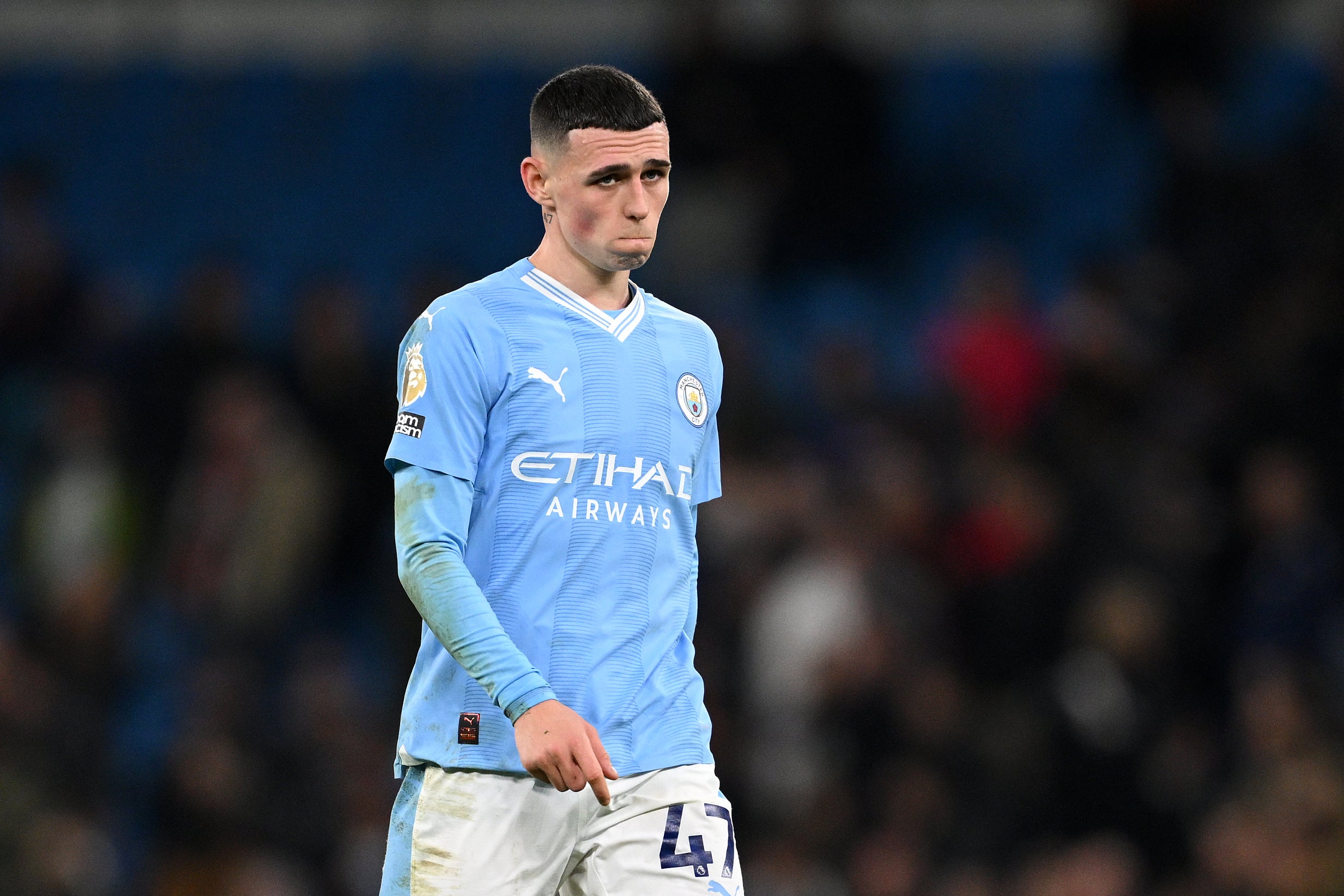
Manchester United has been lucrative for the Glazers, but their off-field profitability has been overshadowed by on-field futility. Illustration by ESPN
MANCHESTER, ENGLAND — “My money is in this pot and I’m not here to make more — I just want to win.” As a statement of intent, Sir Jim Ratcliffe had turned night into day at Manchester United by telling club staff why he has decided to spend £1.3 billion for a 25% stake in the team.
It is early January and Ratcliffe, alongside Sir Dave Brailsford (former performance director of British Cycling and director of sport at Ratcliffe’s INEOS Group), is addressing over 100 United staff — ticket office and administration staff, security officers, canteen workers — in one of Old Trafford’s vast conference suites. Others are dialing in remotely to watch on video as the incoming minority shareholder offers his vision of United’s future.
“Everyone left the room feeling 10-foot tall,” a United staff member who attended Ratcliffe’s introductory speech told ESPN. “All we have heard for years has been about cutbacks and engagement targets, so to hear somebody tell us that we are going to be a football club again was long overdue and a refreshing change. It was also nice to be in the same room as the person in charge. That has never happened with the Glazers.”
Ratcliffe’s determination to speak to the club’s team behind the scenes was welcomed by another United employee in the room.
“Sir Jim said that we were as important to the club’s success as the players,” the employee told ESPN. “He said that the club couldn’t move forward and succeed without us all working together, as one, and that we were all part of the same team with the sole objective of making everything better.”
Ratcliffe’s net worth was estimated at £29.7bn by the 2023 Sunday Times Rich List. He’s now the second-richest person in the UK according to that list, behind India-born businessman Gopi Hinduja. Ratcliffe will take charge of football operations from United’s owners, the Glazer family, when his investment is ratified by the Premier League in early February. Having made his fortune by building INEOS, the petrochemicals company, Ratcliffe, 71, wants to use his wealth and business expertise to help revive the club he supported as a boy, growing up in the blue-collar Manchester suburb of Failsworth.
– Stream on ESPN+: LaLiga, Bundesliga, more (U.S.)
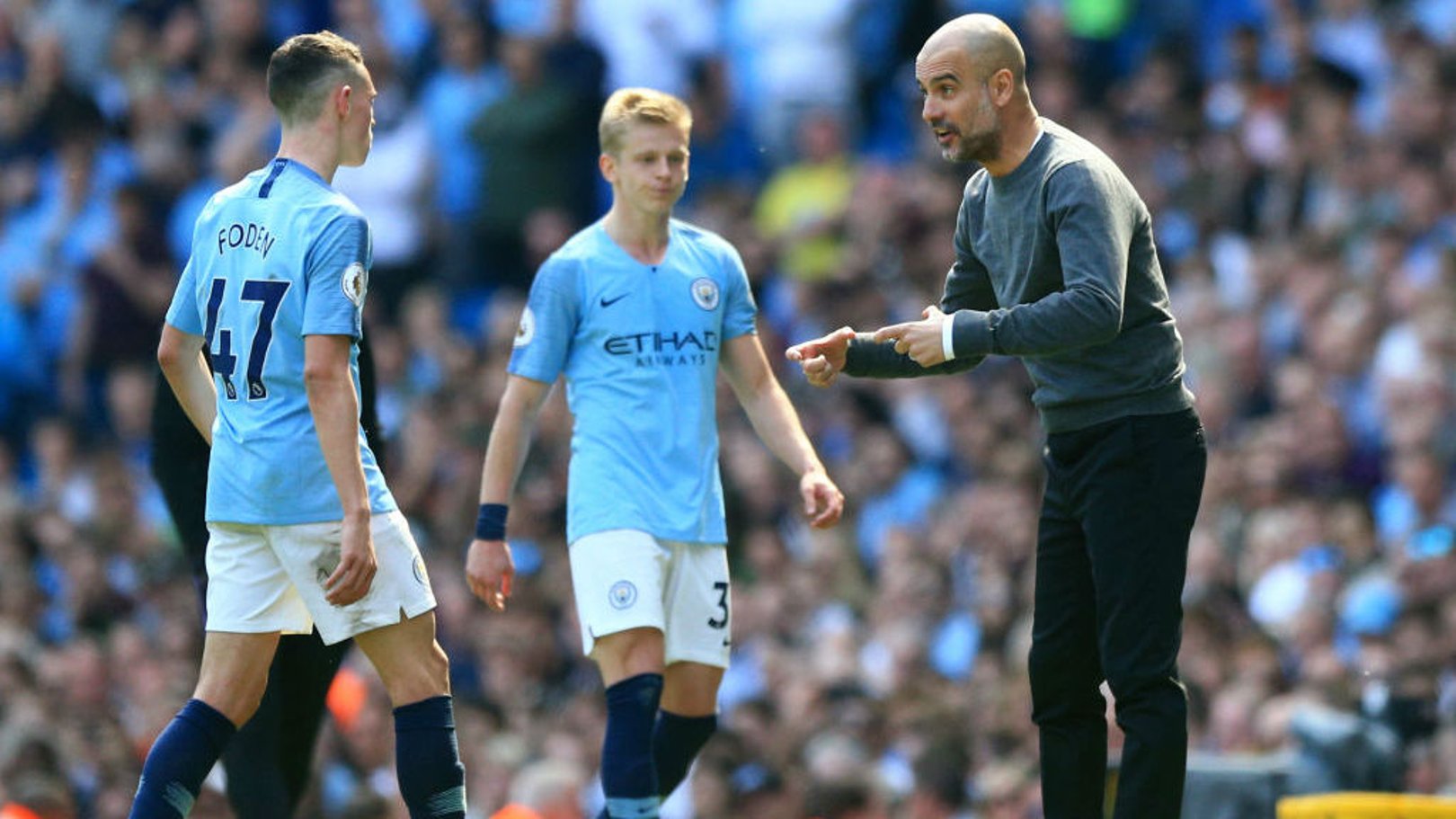
For many who work at United, Ratcliffe’s arrival can’t come soon enough. The club has been under the control of the Glazers, who also own the NFL’s Tampa Bay Buccaneers, since a leveraged buyout in May 2005 that plunged United into more than £500m worth of debt.
Even before the Glazers bought United, they encountered hostility from the club’s supporters who were angered by the prospect of the team, previously debt-free and incredibly successful, being forced into a huge level of debt. A vehicle carrying the Glazers was attacked by fans on their first visit to Old Trafford and the anger has never subsided. In 2010, United fans launched their “green-and-gold” campaign — green and gold were the colours of Newton Heath, the club which later changed its name to Manchester United — as a visible protest against the Glazers, with former player David Beckham putting a green-and-gold scarf around his neck while returning to Old Trafford with AC Milan that year.
Walk past any lamp-post or building near Old Trafford and you will see faded stickers, dating back to 2005, which simply say, “Love United Hate Glazer.” The antipathy toward the Glazers was played out to a global television audience in May 2021 when fans forced the postponement of a Premier League game against Liverpool at Old Trafford. A protest outside the stadium at the Glazers’ involvement in plans to form a breakaway European Super League spilled over when supporters forced their way onto the pitch.
For almost two decades, the Premier League’s biggest and most successful club has had to service the Glazer debt at the same time as paying regular dividends to the family. Over the past five years, no other Premier League club paid a dividend to its owners. In 2023, the Glazers opted against taking a dividend for the first time to use the funds for new signings.
By 2015, 10 years after the takeover, the cost to United of being owned by the Glazers exceeded £1bn in interest payments, financing costs and dividends for the six siblings in director roles at the club.
play
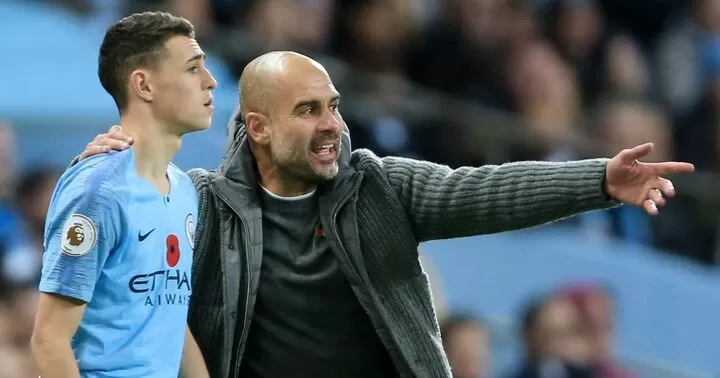 Ogden: Man United ‘desperate’ for a change in directionMark Ogden says Jim Ratcliffe’s arrival at Old Trafford is a popular one, but he’ll quickly have some tough decisions to make.
Ogden: Man United ‘desperate’ for a change in directionMark Ogden says Jim Ratcliffe’s arrival at Old Trafford is a popular one, but he’ll quickly have some tough decisions to make.
In contrast to United supporters, the Bucs fanbase in Tampa likes the Glazers. A source familiar with the Glazer regime at the NFL club said that the family “brought hope” when buying the franchise in 1995, ousting an unpopular owner and investing in a new stadium and the team before building a new training centre. In 2016, the Glazers began a three-phase renovation of Raymond James Stadium, including new giant videoboards, suites and a bigger locker room, in order to host Super Bowl LV in 2021, which the Bucs won in no small part to the Glazers recruiting legendary quarterback Tom Brady. Off the field, the Glazers — notably Darcie Glazer Kassewitz — attend functions and host social and charity events, but in Manchester, they have remained largely invisible for almost 20 years.
Ownership under the Glazers has seen United overtaken, on and off the pitch, by rivals Liverpool and Manchester City, with both the team and stadium at Old Trafford requiring extensive — and expensive — improvement and modernization. The decline of the team speaks for itself, with no Premier League titles, or even a sustained challenge, since 2013. In that time, City have won six titles and a Champions League, while Liverpool have won the league and Champions League.
Having been England’s biggest and most modern stadium in the early-2000s, Old Trafford has been practically untouched by the Glazers since work to extend the capacity, started before their arrival in 2005, was completed shortly after the takeover. Opposition fans now taunt home fans by singing “Old Trafford is falling down” on visits to United. The roof of the Main Stand leaks when it rains and the stadium has been left off the list of venues for Euro 2028, which will be hosted by the United Kingdom and Ireland. In April 2022, United enlisted stadium architects Populous, who designed the Tottenham Hotspur Stadium and Qatar’s Lusail Stadium, venue of the 2022 World Cup final, and designers Legends International to “create a masterplan for the redevelopment of Old Trafford.” Two years later, Populous’ blueprint is yet to be realized.
“They have overseen a decline for 20 years in which it has gone from being one of the best stadiums in the world to one that can’t even get into the top 10 in the UK and Ireland,” Neville told Sky Sports. “This is an all-time low. There has been no investment. It is a rusty stadium. This is a dereliction of duty.”
Since 2016, Liverpool have spent £195m on two new stands at Anfield, raising the capacity by over 15,000, while Manchester City opened a new £200m training ground in 2014 and are committed to a further £300m investment in the stadium — built for Manchester’s hosting of the Commonwealth Games in 2002 — between now and 2026. As part of Ratcliffe’s investment, he has committed £250m for the upgrade of Old Trafford and the club’s Carrington training ground, which opened in 2000.
“Sir Jim and his team were really positive when they spoke to us,” another staff member told ESPN. “Without saying it directly, they were saying, ‘We know it’s a bit s—, but we can make it better if we all work together.’ It was inspiring to listen to.”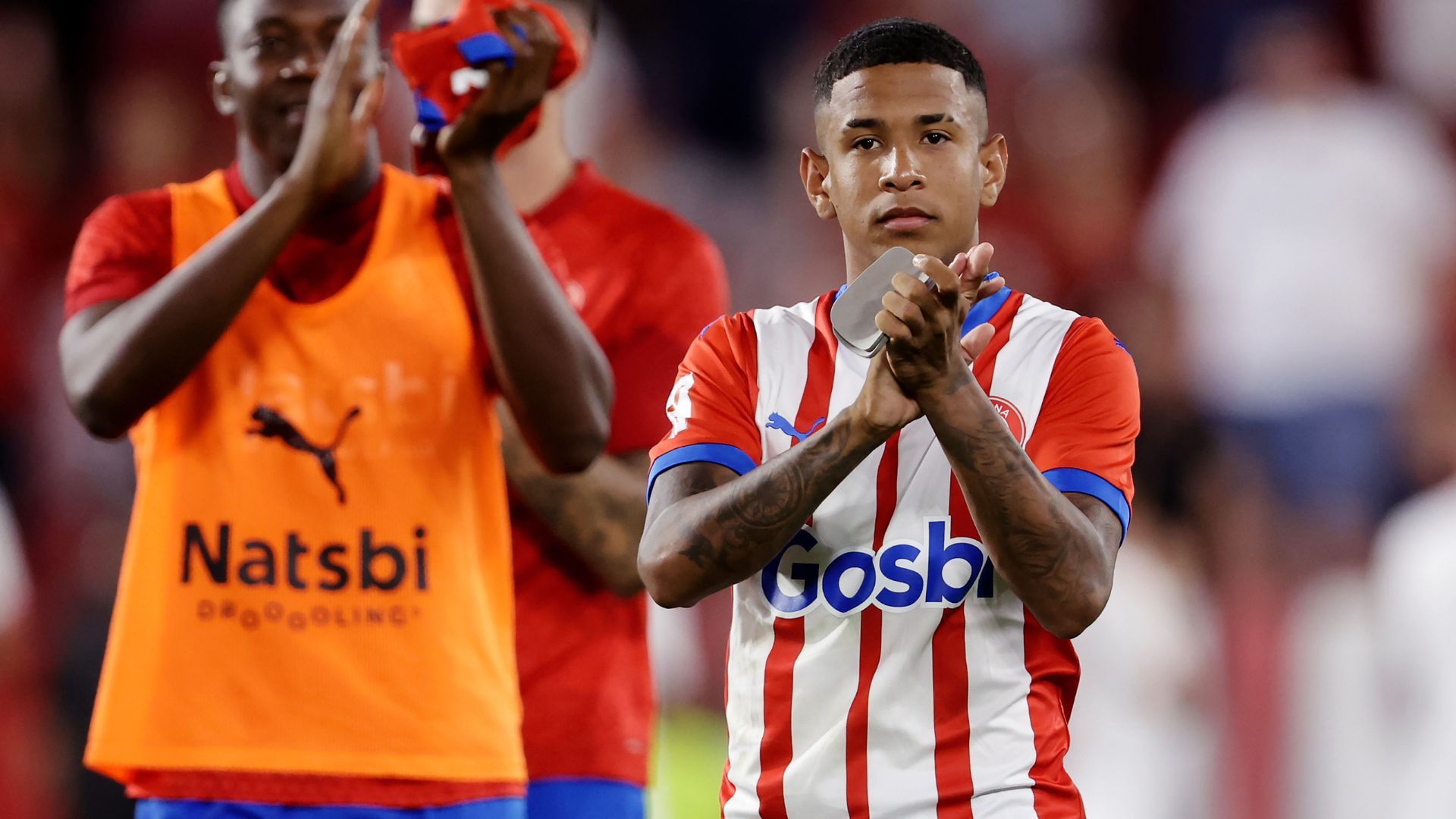
Ratcliffe already has made a bold start, raiding Manchester City for chief operating officer Omar Berrada to become United’s new CEO, but making up for a lack of investment for almost 20 years under the Glazers will take time.
While there is optimism within the club, and among supporters, that Ratcliffe can act as the catalyst for a renaissance at United, the reality is that problems run deep at Old Trafford.
ESPN interviewed 15 people — United staff members, past and present, from all areas of the club — to gain a clear picture of the club’s decline and where things stand now. Their identities have not been disclosed at their request. Manchester United declined to comment for this story.
It is a story of waste, mismanagement, plunging morale and, at times, the bizarre. A story of staff being diverted from key roles to attend to the needs of the Glazers and their close family, of players being signed or rejected because of their commercial value and of Old Trafford being painted the wrong shade of red.
Man United fans have made clear how they feel about the Glazers’ ownership of the club, displaying banners and protesting their presence at games. Michael Regan/Getty Images
The widely held view of Manchester United and the Glazers is that their fortunes began to nosedive when Sir Alex Ferguson retired, in 2013, after 27 years as manager. With long-serving CEO David Gill stepping down at the same time, it created a perfect storm with Everton’s David Moyes — handpicked by Ferguson and labeled the “chosen one” by fans — and banker-turned-commercial director Ed Woodward stepping into the vacant roles as manager and CEO, respectively.
But the decline actually began in the summer of 2009, four years into the Glazer era, when Cristiano Ronaldo was allowed to join Real Madrid for a then-world record transfer fee of £80m. At the same time, United withdrew from an agreement to sign Carlos Tevez from Media Sports Investments, the agency that represented him, after a two-year loan agreement. Tevez instead signed for Manchester City and helped trigger the club’s growth into the superpower it has become.
“You wouldn’t mind some of the cost-cutting if it wasn’t for the absolute mountain of waste at the top end of the club.”
Man United staffer, to ESPN
United replaced Ronaldo and Tevez, two key figures in the club’s 2008 Champions League triumph, with a £24m summer outlay on Antonio Valencia, Gabriel Obertan and Mame Biram Diouf, adding a 29-year-old Michael Owen on a free transfer from Newcastle. Put another way: three flops and a steady, if unspectacular, addition of Valencia.
City, meanwhile, spent £160m on six players in the same summer. The following year, Ferguson accused City of “kamikaze spending” after players including David Silva, Yaya Toure and James Milner — all hugely successful signings — arrived at the Etihad in a £125m spree. While City were signing players who would form the bedrock of their decade of success to come, United added four players, including Cape Verde winger Bebe and Mexico forward Javier Hernandez, for a total of £39m.
Ferguson spoke of seeking “value in the market” and insisted that the Glazers had “never refused when I’ve asked for money,” but even then, some staff sensed a new financial reality being imposed from the top.
“United won nothing the year after Ronaldo and Tevez left,” a staff member from the time told ESPN. “But the word around the club was that the Glazers weren’t too concerned because no trophies meant they didn’t have to pay big bonuses to the players. Being in the Champions League was what mattered, rather than actually winning it.”
Wayne Rooney, the club’s star player at the time, threatened to leave United in October 2010, citing concerns over their ambition and readiness to recruit the best players. “I met with David Gill [United CEO] and he did not give me any of the assurances I was seeking about the future squad,” Rooney said at the time. “I then told him that I would not be signing a new contract.”
The club persuaded Rooney to stay and sign a new contract, but United would only spend £60m the following summer, on David de Gea, Phil Jones and Ashley Young.
When Ferguson retired in 2013, he had added two more Premier League titles since things began to change in 2009. But United’s frugality in the transfer market coincided with City’s rise under Sheikh Mansour bin Zayed al Nahyan and it was perhaps only Ferguson’s experience — and Gill’s — which enabled United to remain competitive. The £24m signing of Robin van Persie from Arsenal in the summer of 2012 was an example of Ferguson’s ability to identify talent. Van Persie scored 26 goals in 38 games to inspire United to their last Premier League title.
play
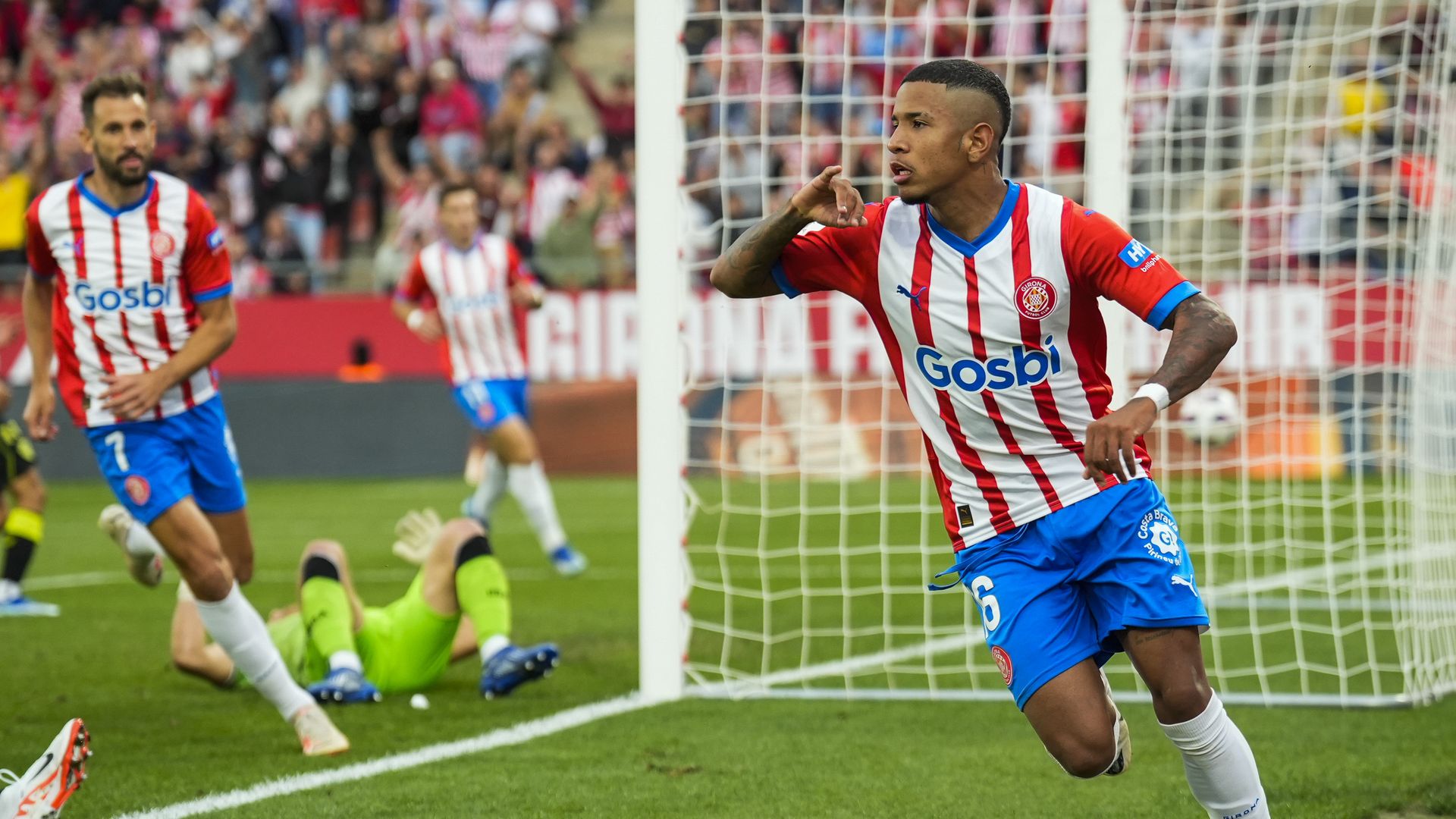
Why Ronaldo’s original departure was the beginning of Man United’s fallMark Ogden explains the off-field circumstances that coincided with Cristiano Ronaldo leaving Manchester United in 2009.
Once Woodward took charge of the day-to-day running of the club, the wheels fell off dramatically. He advised the Glazers during their 2005 takeover while working for J.P. Morgan & Co., and the Glazers then hired him to work on financial planning, elevating him to a commercial role in 2007 and, eventually, CEO, a reward by the Glazers for his success in those two previous roles.
“Ed would boast that the deals he had done while working in the city [banking] were far bigger than any football transfer,” a United staff member told ESPN. “He thought football deals would be easy in comparison. He would also talk about speaking to Joel Glazer as often as six times a day — he was close to Joel and you could almost count him as a seventh Glazer — but if you need to speak to your boss six times a day, it doesn’t suggest that much is actually getting done.”
“There was a frustration that issues or key decisions would go to Ed and Joel, but days or weeks would pass without anything being resolved or communicated back down the chain,” another United source said. “The search for a new director of football being an obvious example. It was announced in 2019 and nothing happened for two years.”
LIVE ON ESPN+ (SELECTED GAMES)
The beautiful game lives here. Stream top leagues, tournaments and teams.
Sign up for ESPN+
Woodward gave members of staff his mobile phone number, telling them that his time in charge would be different and that they could contact him whenever required. One staff member told ESPN that they messaged him shortly afterward but that they are still waiting for a reply.
“David Gill knew everybody at Old Trafford and you would often see him in the staff canteen,” a staff member said. “You never saw Ed and he certainly didn’t know everybody. He spent most of his time in the London office.”
Meanwhile, transfer windows came and went with the club making expensive mistakes with the Glazers and Woodward failing to oversee a coherent recruitment strategy.
“[Manager] Jose Mourinho wanted to sign [winger] Ivan Perisic from Inter Milan in 2017, but was told by Ed that, as a player, he wasn’t commercially viable,” a former United player told ESPN. Woodward has told ESPN that no signing was vetoed for commercial reasons, saying “That was never a consideration.”
“After that World Cup,” the former United player continued, “Jose told Ed and the Glazers that he wanted to get rid of Anthony Martial, that he was neither good enough nor reliable enough. That was vetoed by the Glazers — Joel was a big fan of Martial [as a player].”
Six years later, Martial remains a United player and has scored 39 Premier League goals in 123 appearances. The 28-year-old becomes a free agent this summer and United sources have said Martial will not be given a new contract.
Leave a Reply